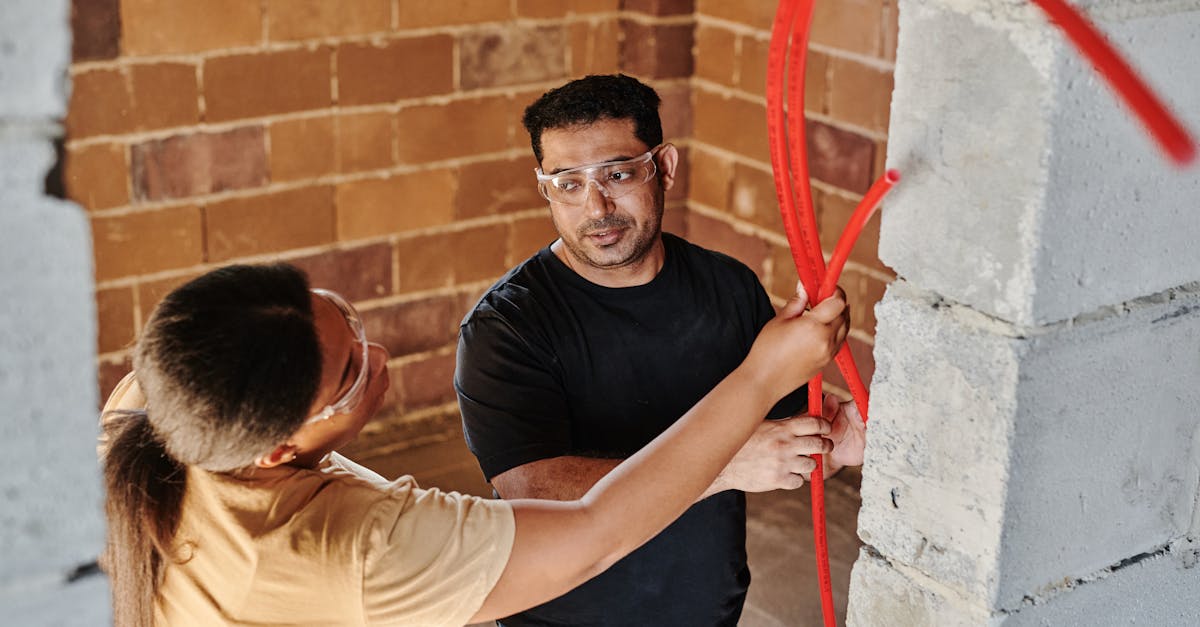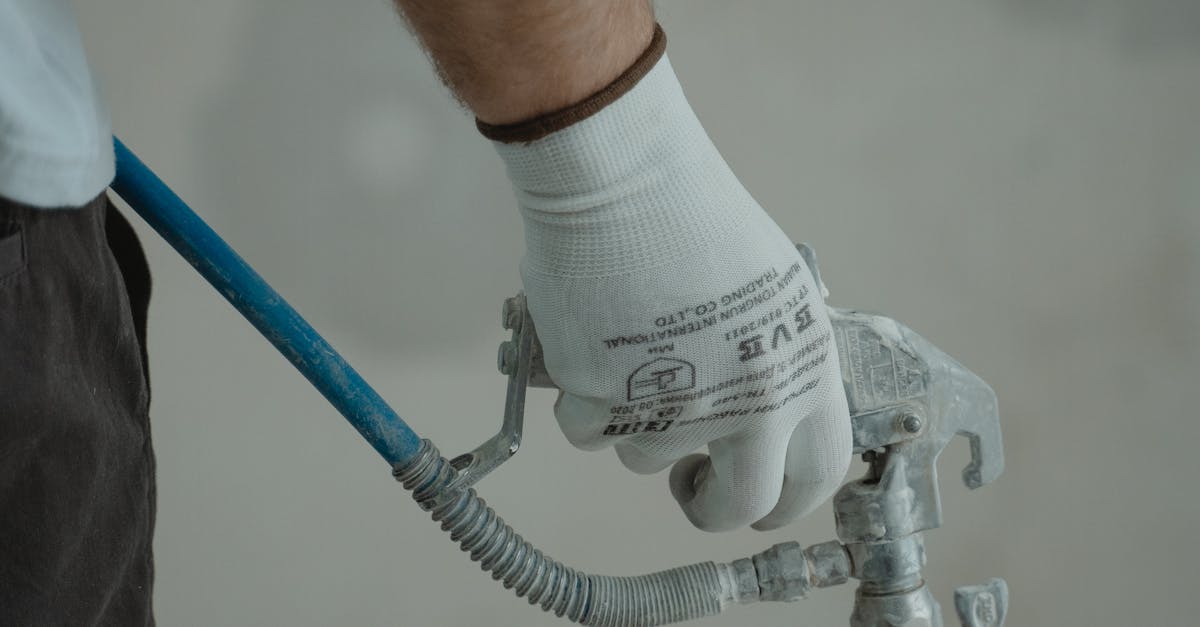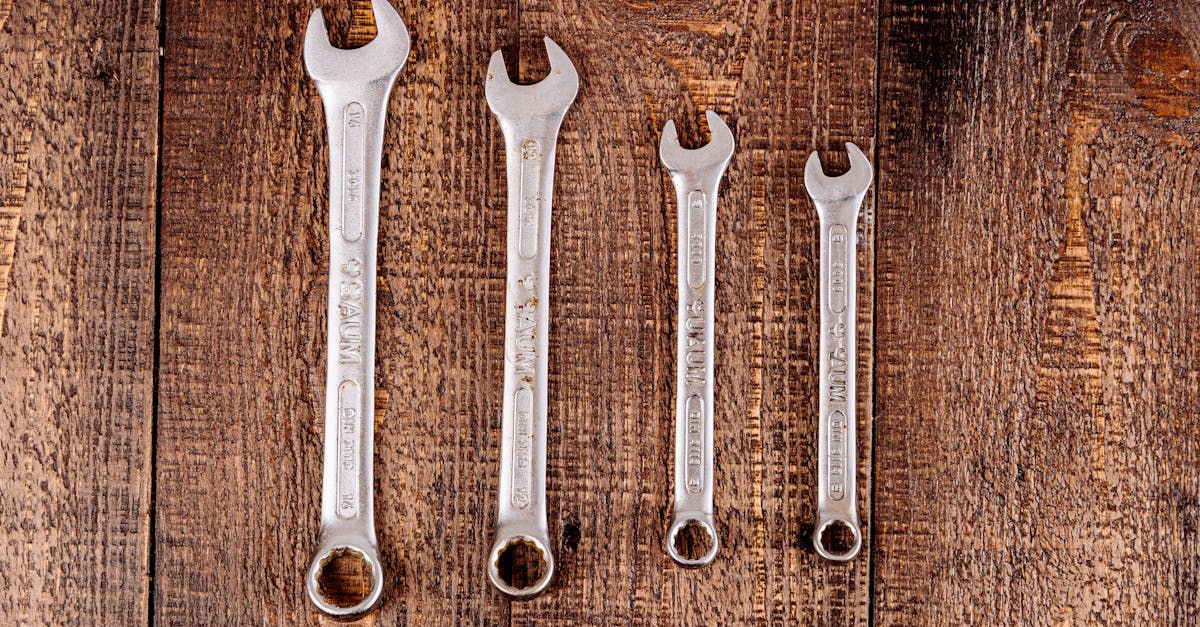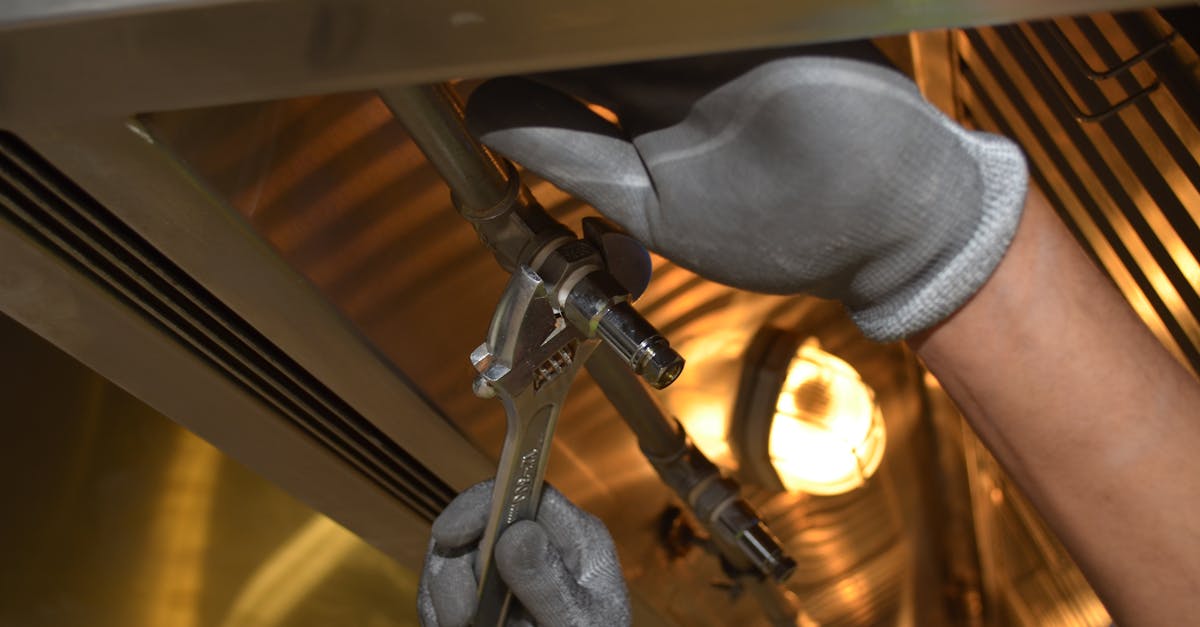
Table Of Contents
Wet/Dry Vacuum Solutions
A wet/dry vacuum can be an effective tool for clearing clogs in your drains. By creating strong suction, it can dislodge debris that may be causing the blockage. It's particularly useful for removing large items or substantial buildups that regular plungers or chemicals struggle to eliminate. Using this method could save you time and money, especially if you frequently experience blockages.
Before you start, ensure you have the right attachments for your vacuum to maximise effectiveness. It’s recommended to wear gloves and protective eyewear, as the vacuum might pull up dirty water. If the drain remains blocked after your efforts, consulting a blocked drain plumber is a wise next step. They can offer professional insight and more advanced options for clearing stubborn clogs.
Tips for Successfully Using a Vacuum
Using a wet/dry vacuum can be an effective method for clearing a blockage. First, ensure the vacuum is set to liquid and create a tight seal around the drain. This can often be done with the appropriate attachments, which help maximise the suction power. Turn the vacuum on and let it run for a few moments. The key is to maintain suction for as long as possible, allowing the vacuum to pull the clog up the drain.
If the initial attempt doesn’t resolve the issue, consider repeating the process. It might take several attempts to dislodge stubborn blockages. In some cases, it could be helpful to consult a blocked drain plumber if the clog remains after using the vacuum. They can provide professional advice or assist in resolving more severe drainage issues that a vacuum might not be able to handle.
Enzyme Drain Cleaners
Enzyme drain cleaners are an eco-friendly alternative to traditional chemical solutions for clearing clogs. These products utilise natural enzymes and bacteria to break down organic matter, such as hair, grease, and soap scum. When introduced to a blocked drain, the living organisms work to digest the materials causing the blockage. This method not only helps in clearing drains but also serves to keep pipes clean over time, reducing the likelihood of future issues.
Although enzyme cleaners can be highly effective, they may require some patience. Unlike chemical cleaners that often provide instant results, enzyme drain cleaners usually take a little longer to work, sometimes needing several hours or overnight to set effectively. For persistent blockages, consulting a blocked drain plumber might be necessary to ensure that the issue is addressed comprehensively. Using these cleaners can result in less harsh impact on plumbing systems and the environment compared to their chemical counterparts.
Benefits of Using NaturallyBased Products
Using naturally-based products for unclogging drains offers numerous advantages for both the environment and your plumbing system. These eco-friendly solutions typically contain enzymes and bacteria that break down organic materials without the harsh chemicals found in traditional drain cleaners. This gentle approach reduces the likelihood of damage to your pipes and is safer for aquatic life in wastewater systems. Furthermore, many naturally-based products are less likely to produce unpleasant odours compared to their chemical counterparts.
In addition to being safer for the environment, naturally-derived cleaners can promote the longevity of your plumbing. Over time, the caustic nature of conventional drain cleaners can lead to corrosion and weakening of pipes, potentially resulting in costly repairs or the need for a blocked drain plumber. Embracing enzyme cleaners helps maintain the integrity of your plumbing while effectively managing clogs. Choosing these alternatives not only supports sustainability efforts but ensures healthier plumbing solutions for your home.
Manual Removal of Clogs
When faced with a stubborn clog, manual removal can often be the most effective approach. Tools such as plungers, drain snakes, and even a simple coat hanger can work wonders for dislodging trapped debris. Begin by removing any visible obstructions from the drain opening. If the clog persists, a drain snake can be inserted to break apart or extract the blockage, allowing for better water flow. It’s essential to be thorough during this step to prevent future blockages.
If these methods do not resolve the issue, it may be time to call in a blocked drain plumber. These professionals possess the expertise and specialised equipment needed to tackle more severe clogs. While DIY techniques can handle many minor issues, complex blockages might require professional intervention to ensure the plumbing system is cleared without causing further damage. Proper maintenance and timely action are key to keeping drains flowing freely.
Tools You’ll Need for the Job
Having the right tools at your disposal can make tackling a blocked drain significantly easier. A plunger is essential for creating suction to dislodge minor clogs. Additionally, a drain snake or auger can reach deeper into pipes and remove stubborn blockages. A bucket will come in handy to catch any water or debris that may spill out during the process. Remember to wear gloves to protect your hands from any unpleasant substances.
If a blockage persists, you might consider investing in a hydro-jetter. This tool uses high-pressure water jets to clear tough clogs and grease buildup. However, if these methods fail or the blockage is severe, it's wise to consult a blocked drain plumber. They possess specialised equipment and expertise to handle complicated issues that may be beyond the average homeowner's capabilities.
FAQS
What are some effective alternatives to Drano for unclogging drains?
Some effective alternatives include wet/dry vacuum solutions, enzyme drain cleaners, and manual removal methods using specific tools.
How does a wet/dry vacuum help with clogged drains?
A wet/dry vacuum can effectively suck out clogs by creating strong suction, which can remove both liquid and solid debris from the drain.
What are the benefits of using enzyme drain cleaners?
Enzyme drain cleaners are naturally-based products that help break down organic material in drains, making them safer for the environment and less harmful to your plumbing.
What tools do I need for manual removal of clogs?
Common tools for manual removal include a plumber's snake, wire coat hanger, plunger, and gloves to keep your hands clean.
Are enzyme drain cleaners safe for all types of plumbing?
Yes, enzyme drain cleaners are generally safe for all types of plumbing as they are non-corrosive and do not contain harsh chemicals that could damage pipes.




























